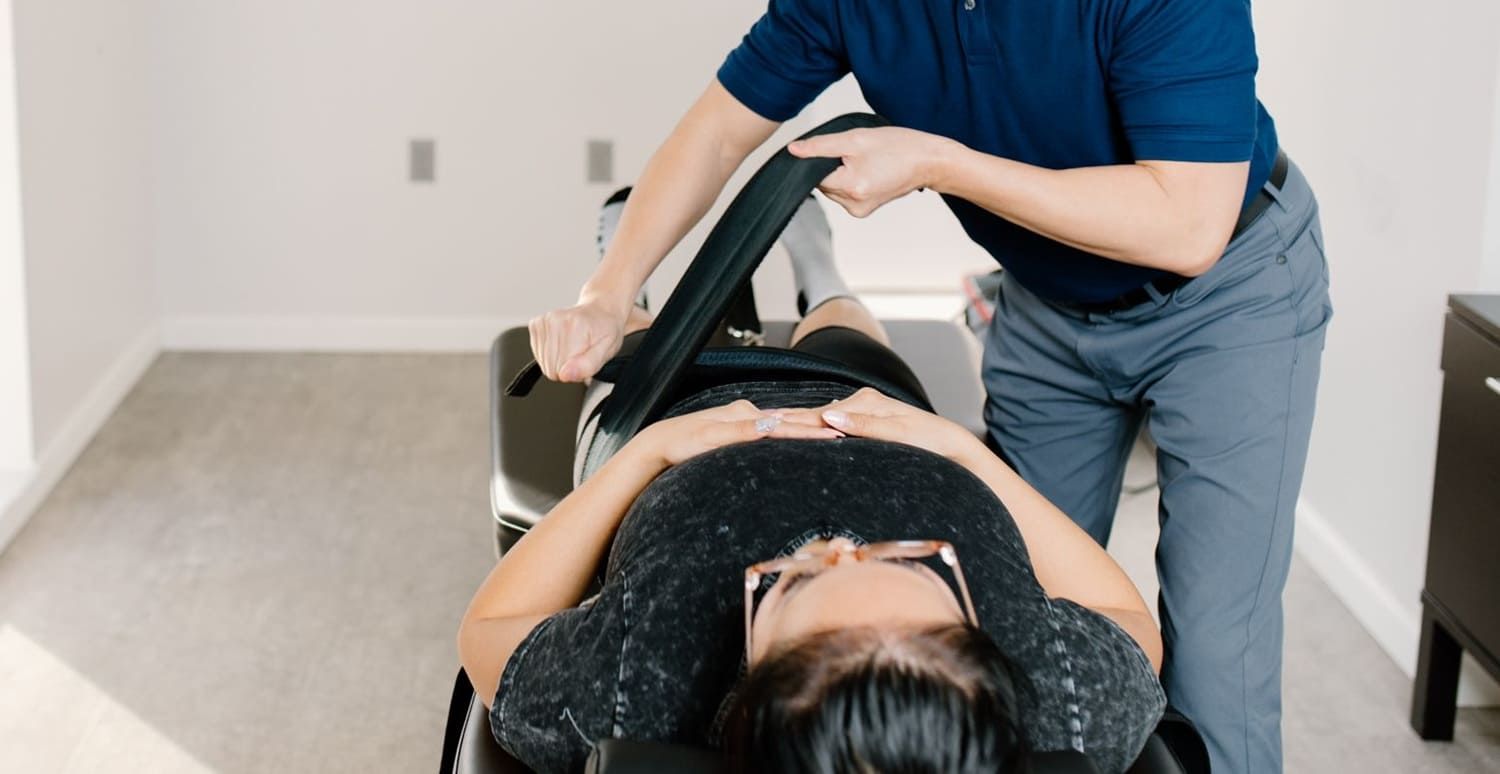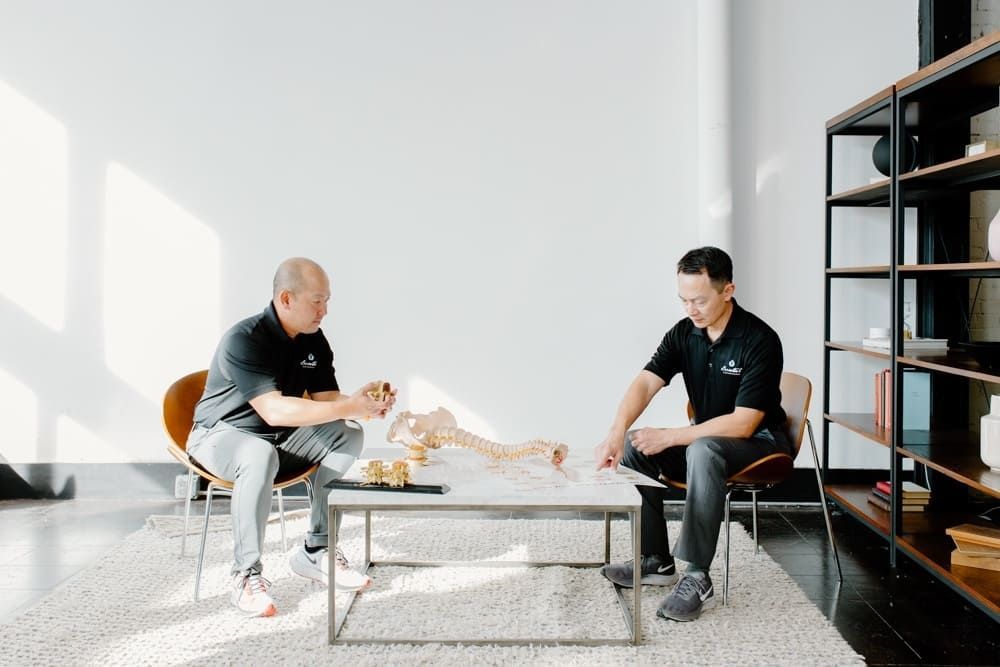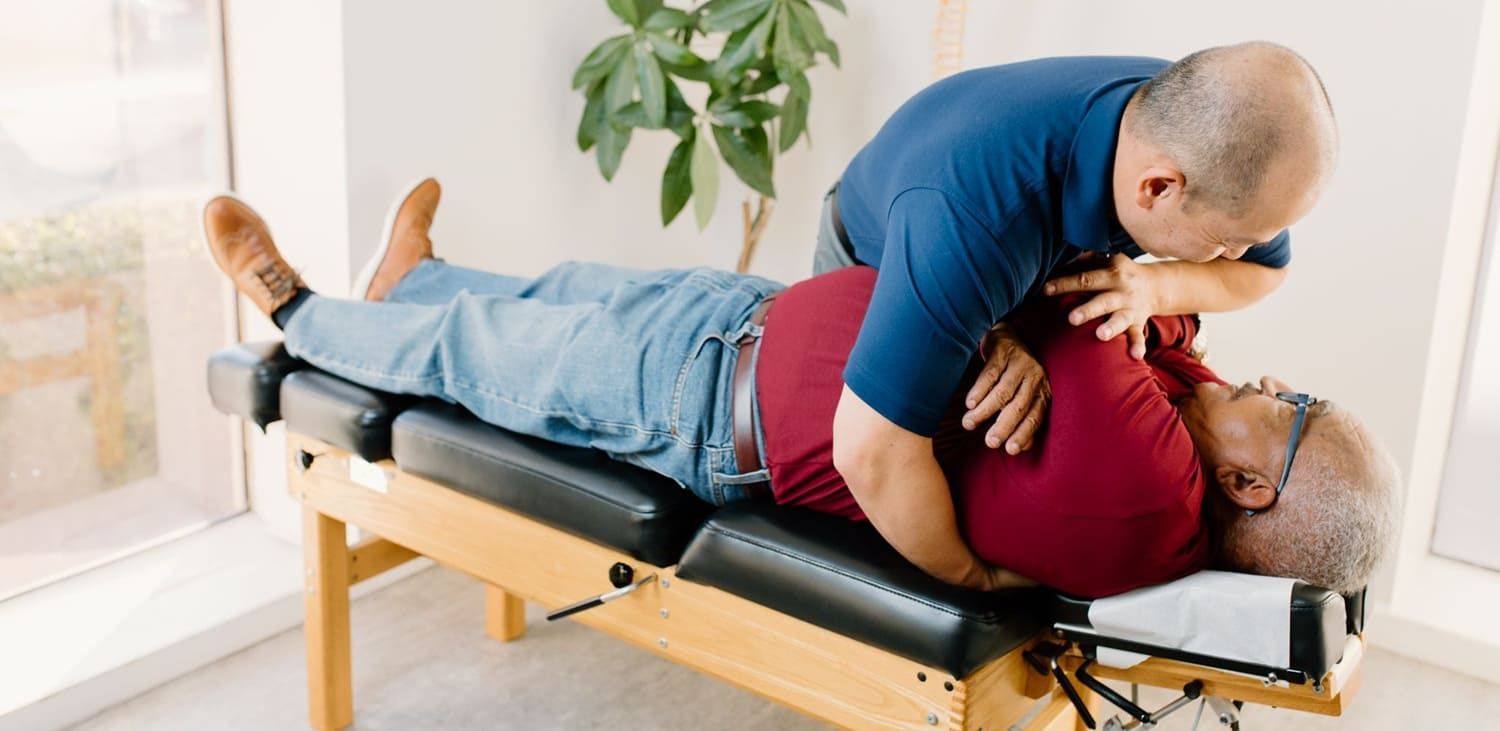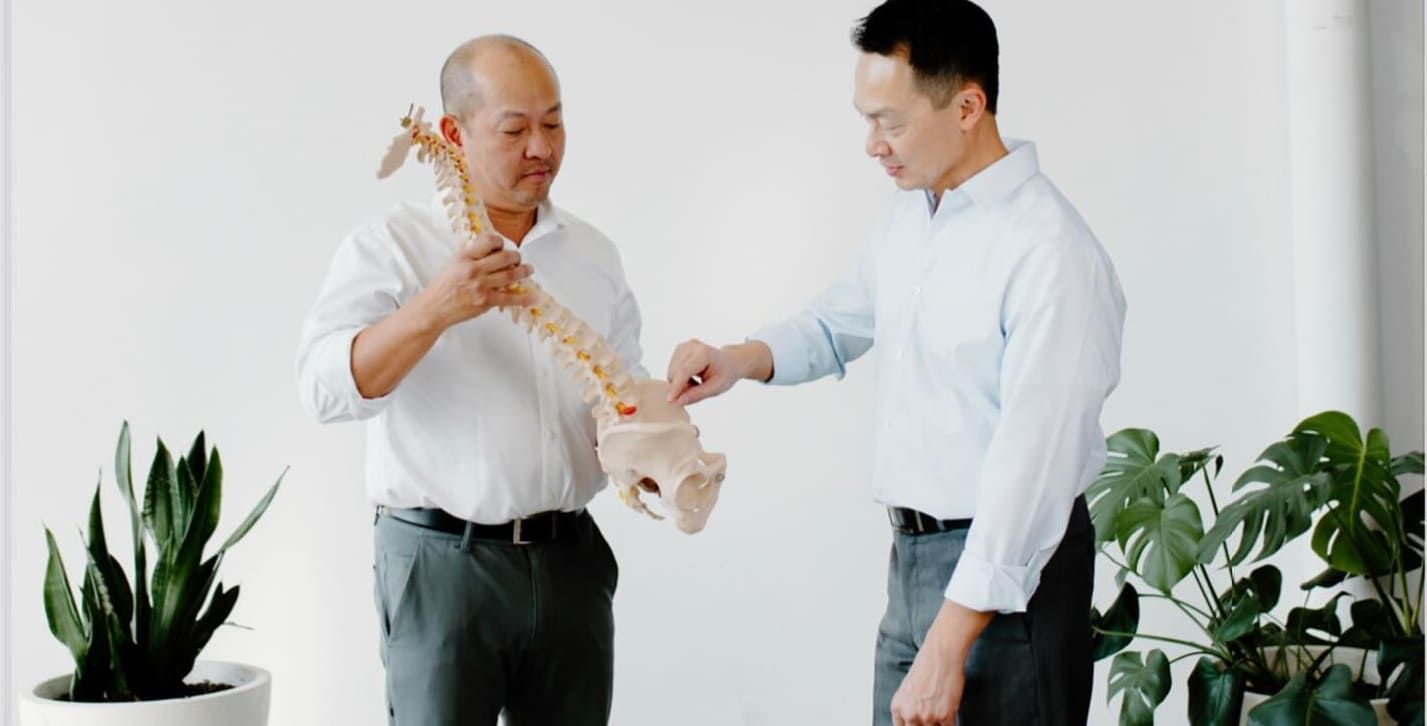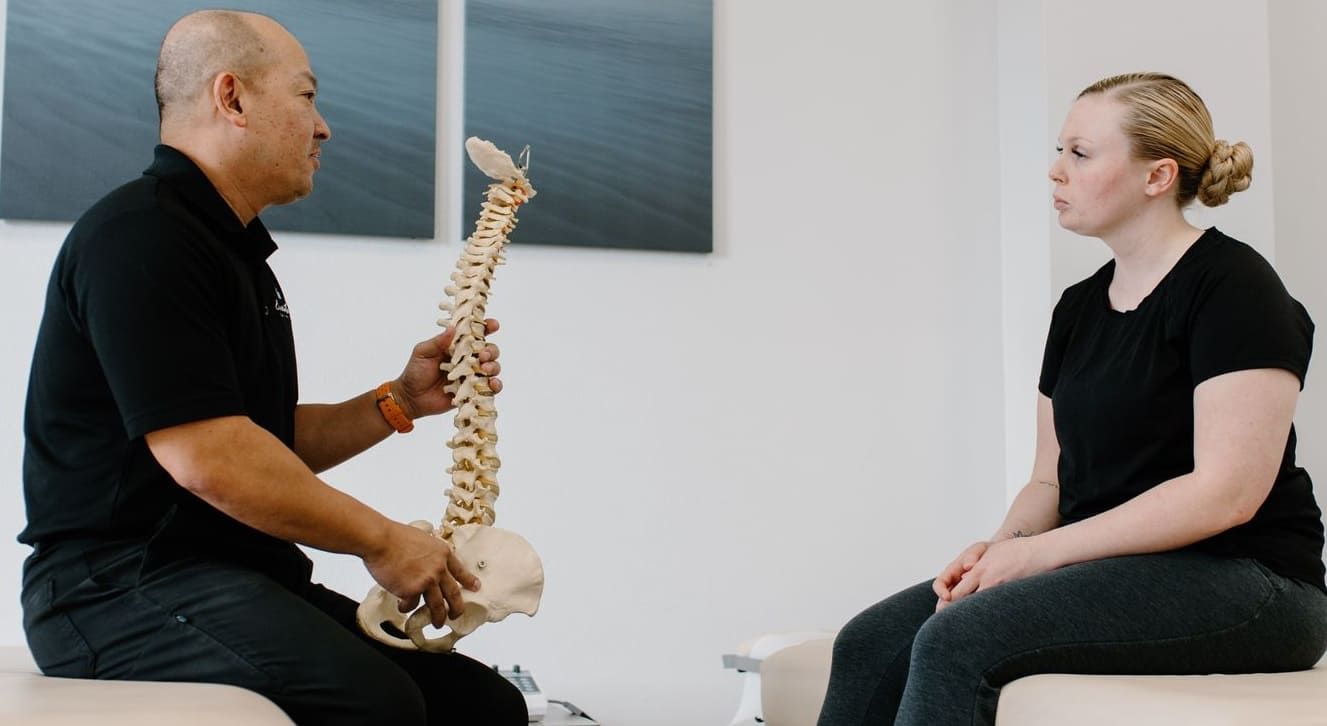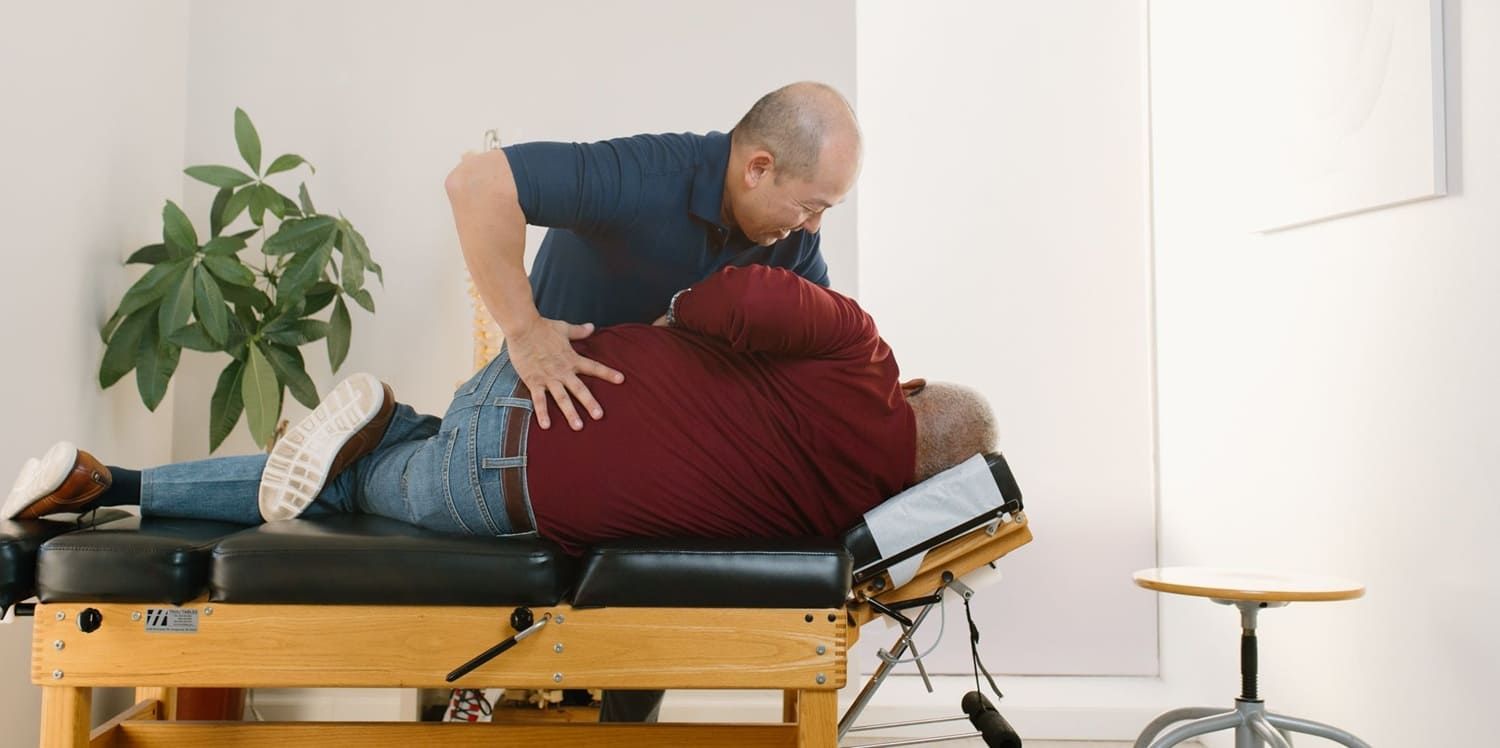Head, Shoulders, Knees, and Back: Where You’re Most Likely To Be Injured From a Car Accident
Dr. Tan Tran, DC • June 30, 2023
Pain after an accident can be hard to identify, but it is your body’s way of saying there is something wrong. For that reason, it should not be overlooked. That is why we are here to help you identify where you are most likely to be injured in a car accident. The first step towards recovery is identifying the problem, and with professional help, you can get the right diagnosis and treatment. Here are some of the injuries you could experience or be experiencing following your car accident.
The Head and Neck
Some of the most common injuries from car accidents involve head and neck injuries. This occurrence is because your seatbelt holds your body in place, but offers no support to the neck. In the force of the crash, it will hold you in your seat and prevent worse injuries, but it can also cause your head to jerk quickly back and forth and damage your head or brain.
The two most common head injuries you should keep an eye out for are:
- Concussion: A concussion happens when you receive a blow or injury to the head.
- Whiplash: Whiplash happens when your neck jerks quickly back and forth, damaging the soft tissue in the area and to the brain.
If you experience head pain after you are injured in a car accident, accompanied by recurring headaches, blurry vision, difficulty speaking, mood changes, or fatigue, seek medical care. Depending on the severity of your injuries, you may need to seek care from a professional that is licensed in traumatic brain injury care.
The Back and Spine
When there is a significant force in an accident, it can often cause damage to the back and spine. Back and spine injuries can disrupt your daily life and could potentially develop into chronic pain. However, with the right care and treatment, you can overcome your back pain and regain your quality of life.
Some back injuries you could experience are:
- Herniated Discs: Also known as slipped discs, this occurs when the vertebrae are pressed together and call the disc to slip or bulge from between them.
- Sciatica: This condition occurs when the nerves in the lower back are pinched. It can cause pain, numbness, and tingling from the lower back down to the legs.
- Sprains: A sprain occurs when there is an injury to the back muscles, which can cause damage to the soft tissue in the area.
- Fractures: If there is an injury to the back or spine, it can cause a fracture to the vertebrae.
If you experience trouble walking, numbness or tingling in the arms or legs, decreased mobility, or other symptoms, talk to your provider about possible back and spine injuries.
The Shoulders
Your shoulders are likely to be injured because of their proximity to the neck and back. When these areas are affected, your shoulders will likely be too. The force of the accident or the flying debris can also damage the shoulders.
Potential shoulder injuries include:
- Sprain: Overextending the shoulder muscle can cause a sprain or strain to the soft tissue in the area.
- Torn Rotator Cuff: Like a strain, a torn rotator cuff occurs when the soft tissue in the shoulder is hyperextended, but with this injury, it is strained to the point of tearing.
- Dislocation: This occurs when the shoulder joint is forced out of the socket.
If you experience limited mobility, shoulder pain, poor sleep, muscle weakness, or any other issues with your shoulders following your car accident, seek medical advice.
The Extremities
Your arms and legs are another area where you’re most likely to be injured in a car accident. Since they are the closest to the doors and airbags, they are at risk to be damaged by the inside of the car or hit by debris and loose objects. Arm and leg injuries can include strains or sprains, tears, or broken bones. If you experience pain in these areas or limited movement, seek care from a medical provider or another licensed care provider.
How To Receive Care For Your Injuries
After an accident, one of the first steps you should take is to seek medical care. Everyone experiences pain differently. Because of the shock and adrenaline after an accident, it may mask signs of your symptoms for hours or even weeks later. For this reason, it’s important to be examined by a medical professional.
They can offer you an accurate diagnosis and the right treatment before your injury worsens, so you can move forward with your recovery.
Overcome Limitations
If you’ve been injured in a car accident, we can help you find the cause of your pain at Essential Chirocare and Physical Therapy. Our purpose is to help our patients overcome their limitations so they can regain their quality of life. Download our Ebook to learn more about pain after a car accident, and how we can treat you.
By Dr. Tan Tran, DC
•
November 27, 2024
The post Why You Should Seek Unbiased Treatment After a Car Accident appeared first on Essential ChiroCare | Chiropractic Care and Physical Therapy in Tampa Bay.
By Dr. Thang Tran, DC
•
September 30, 2024
The post Need An Accurate Diagnosis for Your Settlement After a Car Accident? Essential ChiroCare and Physical Therapy Can Help appeared first on Essential ChiroCare | Chiropractic Care and Physical Therapy in Tampa Bay.

